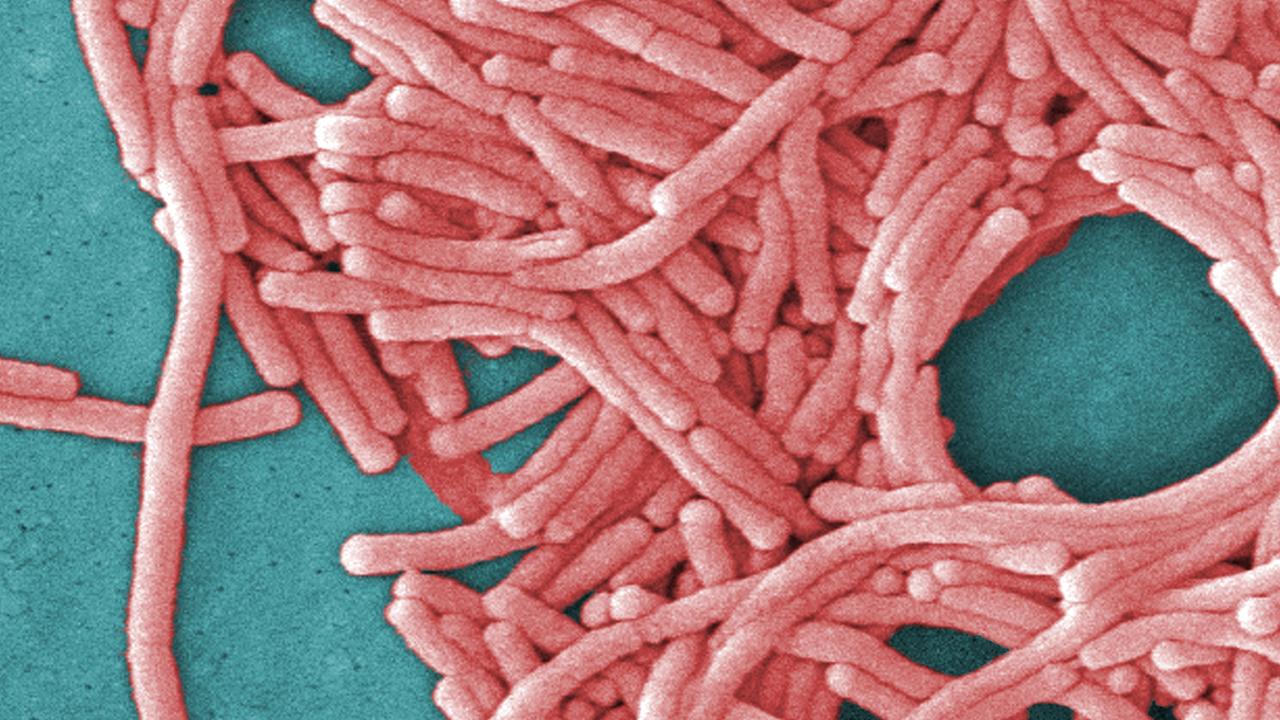Researchers Lars Fosberg and Jan P Dumanski link smoking to loss of Y chromosome
RESEARCHERS have found that smoking makes men more likely to lose a little thing that makes them masculine.

FOR the second half of the Twentieth Century, smoking and masculinity seemed inextricably fused, thanks to the Marlboro Man.
But Swedish researchers have turned that image on its head, showing that men who smoke are more likely to lose their Y chromosomes as they get older.
The researchers, Lars Fosberg and Jan P Dumanski from Uppsala Univeristy, have posted their findings in the journal Science and created a start-up for a Y chromosome blood test.
Their research was prompted by an earlier project that looked at why men seemed to suffer fewer cancers related to their genitalia than women, but had a higher fatality rate from them.
The loss of the Y chromosome from haematopoietic cells as men age has been well-documented, but Fosberg and Dumanski’s paper draws a link with smoking as a main cause.

IFL reported that the team tested three cohorts of men aged between 48 and 93, and tracked their Y chromosome loss.
They found that smokers were between 2.4 and 4.3 times more likely to suffer from age-related Y chromosome loss than nonsmokers.
Mail Online quoted Dumanski as saying the finding “could be very persuasive for motivating smokers to quit”.
“There is a correlation between a common and avoidable risk factor, that is smoking, and the most common human mutation — loss of the Y chromosome,’ he said.
“This ... may in part explain why men in general have a shorter life span than women and why smoking is more dangerous for men.”
But there is some good news for men who smoke: the researchers found that the likelihood of Y chromosome loss diminished if men ceased smoking.



